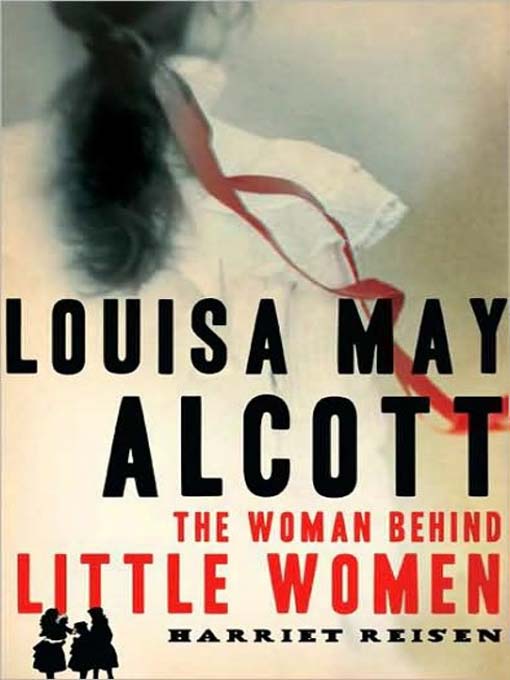
Louisa May Alcott
The Woman Behind Little Women
فرمت کتاب
audiobook
تاریخ انتشار
2009
نویسنده
Harriet Reisenناشر
Tantor Media, Inc.شابک
9781400184453
- اطلاعات
- نقد و بررسی
- دیدگاه کاربران
نقد و بررسی

Reisen's thoughtful biography of American icon Louisa May Alcott is a successful tapestry of the pieces of history woven into Alcott's fiction and the author's personal life. Reisen is not a performer but a researcher, so her unpretentious reading of her work is like listening to a good speaker at an intellectual gathering. Reisen brings together many years of research, including information from letters between Alcott family members and their many personal journals. In her readings from Louisa May's letters and journals, Reisen proves her expertise in creating a fully developed biography of a deeply complex figure. The analysis of the Alcott family drama and Louisa May's development creates an absorbing listening experience. R.F. (c) AudioFile 2010, Portland, Maine

July 20, 2009
Signature
Reviewed by
Brenda Wineapple
Harriet Reisen's Louisa May Alcott: The Woman Behind Little Women valiantly portrays the beloved author as a stalwart woman whose life, as Reisen succinctly puts it, “was no children's book.” The daughter of impecunious transcendentalist Bronson Alcott and long-suffering Abigail May, as a girl Louisa Alcott watched her father preach esoteric uplift while practicing the penury that impoverished the family. Bronson's redeeming trait, Reisen speculates, may have been temporary insanity. The sadder case was Alcott's mother—the model for Marmee in Little Women--an intelligent woman harnessed to a man in search of the ineffable and, on occasion, young female acolytes.
Louisa appointed herself the “Golden Goose” of these needy nurturers. Churning out what Reisen calls the “chick-lit of its day” to provide her mother and sisters the material comforts she never had, Alcott also used her imagination, according to Reisen, to “escape the confines of ordinary life,” although for Bronson Alcott's daughter, ordinary life was not all that ordinary; Reisen calculates that the family moved at least 30 times by Alcott's 20s. “The ordeals of childhood were transmuted into rich literary endowments,” Reisen explains. Alcott also wrote to earn parental approval; no longer was she a tomboy with a temper, though a careful reader can detect the anger beneath the surface of her most placid stories. Yet there's something else unexplored here: by converting a childhood of raw apples, cold-water baths and ceaseless sibling rivalry into the stories and novels that supported her family, she also kept that family forever dependent on her.
In this companion to an upcoming PBS documentary on Alcott, Reisen too often interprets Alcott's life through her work, as if Alcott did not transmute experience into art after all. Reisen thus sprinkles her book with “must have beens” (“she must have felt banished,” “the book must have struck a chord”) and then plays the mental illness card once more: “Was Louisa Alcott, like so many artists, manic-depressive (bipolar)?” Yet Reisen's rich empathy for Alcott never falters and her chronicle of Alcott's exhausting attempt, as one friend remarked, “to fill vacant niches” in all things, whether in her family or in the world of popular literature, is heart-rending. As Reisen notes, Alcott simply wore herself out. Devotees of Little Women
may be shocked that its self-medicating, troubled creator was not a jolly J.K. Rowling, though likely many of them know this. What they may not realize is that the redoubtable Alcott, who chose to “be a free spinster and to paddle my own canoe,” was decidedly strong but, alas, never free. (Nov.)
Brenda Wineapple is the author, most recently, of
White Heat: The Friendship of Emily Dickinson and Thomas Wentworth Higginson (Knopf),
which will be published by Anchor in paper.




دیدگاه کاربران